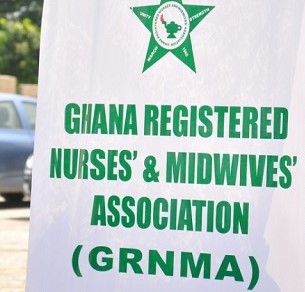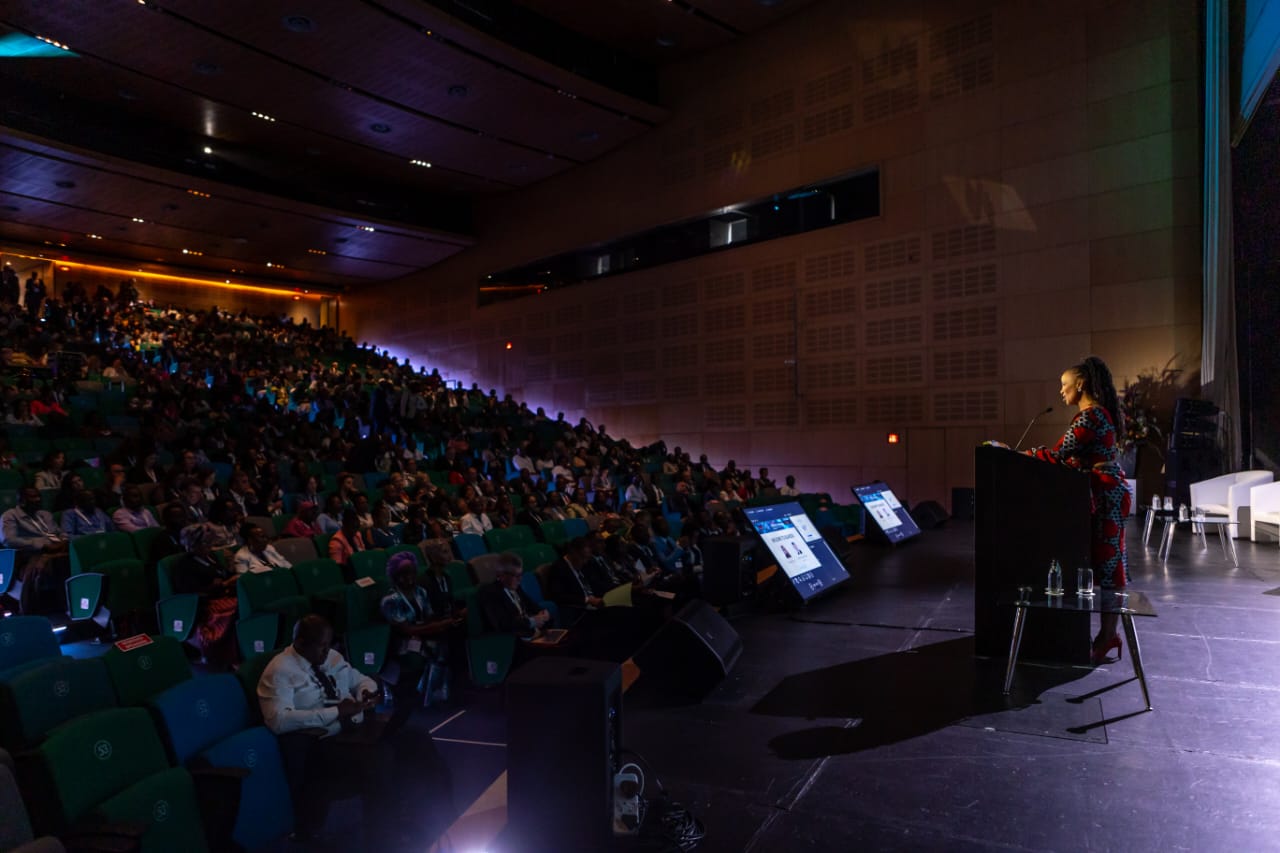
Government needs stronger policy backing to deliver on its targets for growth, jobs and economic transformation in 2026, according to the Institute of Statistical, Social and Economic Research (ISSER).
The Institute said budget ambitions may fall short without clearer spending commitments, especially on infrastructure and agriculture.
Speaking at a post-budget media engagement, ISSER Director Prof. Robert Darko Osei said the global environment offers little support for Ghana’s growth plan. He noted that world economic expansion has been slowing since 2022, with growth expectedly easing to 3.1 percent next year.
“There isn’t a very big jump in the global economy that we can derive dividends from,” he said.
Prof. Osei said Ghana’s sharp disinflation trend reflects the impact of domestic policies, adding that the country has made progress on stabilising prices. But he cautioned that tight conditions also affect growth.
Government expects the economy to expand 4.8 percent in 2025, down from 5.7 percent this year despite strong first-half data. He questioned whether the projected slowdown reflects actual activity on the ground, saying ISSER had “not seen anything to suggest a drastic slowdown”.
Growth in 2025 has mainly come from services, led by ICT and financial services. ISSER expects the sector to soften next year, keeping overall growth at about 4.8 percent.
Prof. Osei warned that this pace will not be enough to reduce poverty or deliver the expected gains in welfare. “We certainly have to increase the rate of growth if we are to meet targets,” he said.
On the fiscal front, Ghana recorded a significant improvement with the deficit narrowing to 2.8 percent of GDP. But the gains were driven by lower expenditure rather than stronger revenue.
Prof. Osei said spending cuts were concentrated in capital expenditure, which fell far below targets at an estimated 1.7 percent of GDP. He described the level as worrying, noting that infrastructure investment is essential for productivity and long-term transformation. He added that even the 2026 projection of 2.9 percent remains “way below what we need”.
ISSER also flagged the absence of clear budget allocations for government’s planned ‘Big Push’ infrastructure programme, including the Accra–Kumasi highway.
Prof. Osei said intentions must be reflected in actual fiscal provisions. “If it’s the term that is going to drive infrastructure development, then this intention must be reflected in your guidance,” he said.
Monetary indicators have improved with lower interest rates, easing inflation and stronger reserves. Private sector credit has picked up, but ISSER said high non-performing loans still limit lending conditions. “One in five of us will go for loans, so we are all part of the problem,” Prof. Osei said, urging further reforms to bring NPLs down.
The institute also pointed to persistent structural problems in agriculture. While the sector recorded strong growth across crops, cocoa, livestock and fisheries, weak processing, marketing gaps and limited value-chain investment continue to hold back the sector’s wider impact.
Prof. Osei said initiatives such as renewed investment in oil palm must address the entire value chain, not only production.
He added that reforms in the cocoa sector are positive but long-standing concerns about its cost structure and sustainability remain. Issues around regional trade policy, smuggling and exchange-rate effects also pose challenges to jobs and competitiveness.
“Productivity-enhancing investments need to happen,” Prof. Osei said, adding that without firmer measures the budget’s targets for growth, jobs and transformation will be difficult to attain.
The post ISSER calls for tougher measures to deliver growth, jobs targets appeared first on The Business & Financial Times.
Read Full Story


















Facebook
Twitter
Pinterest
Instagram
Google+
YouTube
LinkedIn
RSS